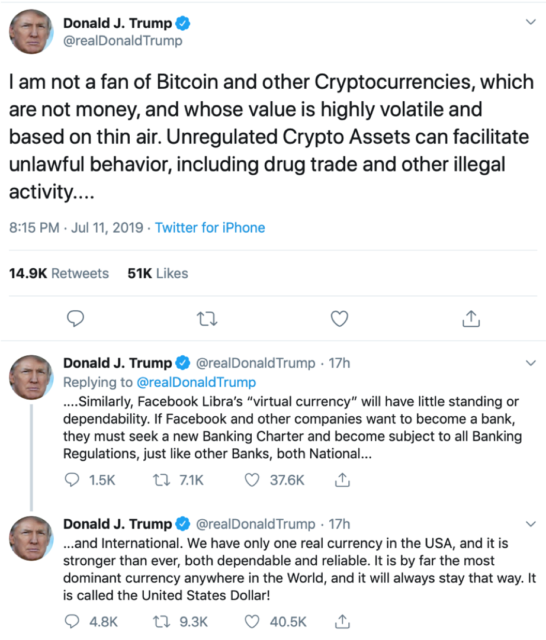Cristina Banahan is a Sustainability Advisor. This post is based on her recent article, forthcoming in the Vermont Law Review. Related research from the Program on Corporate Governance includes Socially Responsible Firms by Alan Ferrell, Hao Liang, and Luc Renneboog (discussed on the Forum here).
Green bonds are critical to addressing climate change. The most recent Intergovernmental Panel on Climate Change report shows that unless dramatic corrective action is taken in the next decade, humanity could see mass migrations, food scarcity, and instability as early as 2040. To mitigate greenhouse gas emissions and prevent the most serious harms requires unprecedented levels of investment from the private sector and regulatory agility from government entities. Green bonds from public, private, and multilateral organizations are critical because they can serve to finance the large-scale infrastructure changes needed to transition to a zero-emissions economy. Government regulation of the green bond sector is critical to its success because regulations provide stakeholders with certainty as to the applicable legal standards and investor expectations. Furthermore, government regulation could help implement the lessons learned from past financial faux pas in the investment and issuer arenas. To apply the lessons of the past and ensure the prosperity of the green bond market in the future, governments should consider implementing a green standards committee as a simple and efficient way of meeting the financing challenges posed by climate change.
